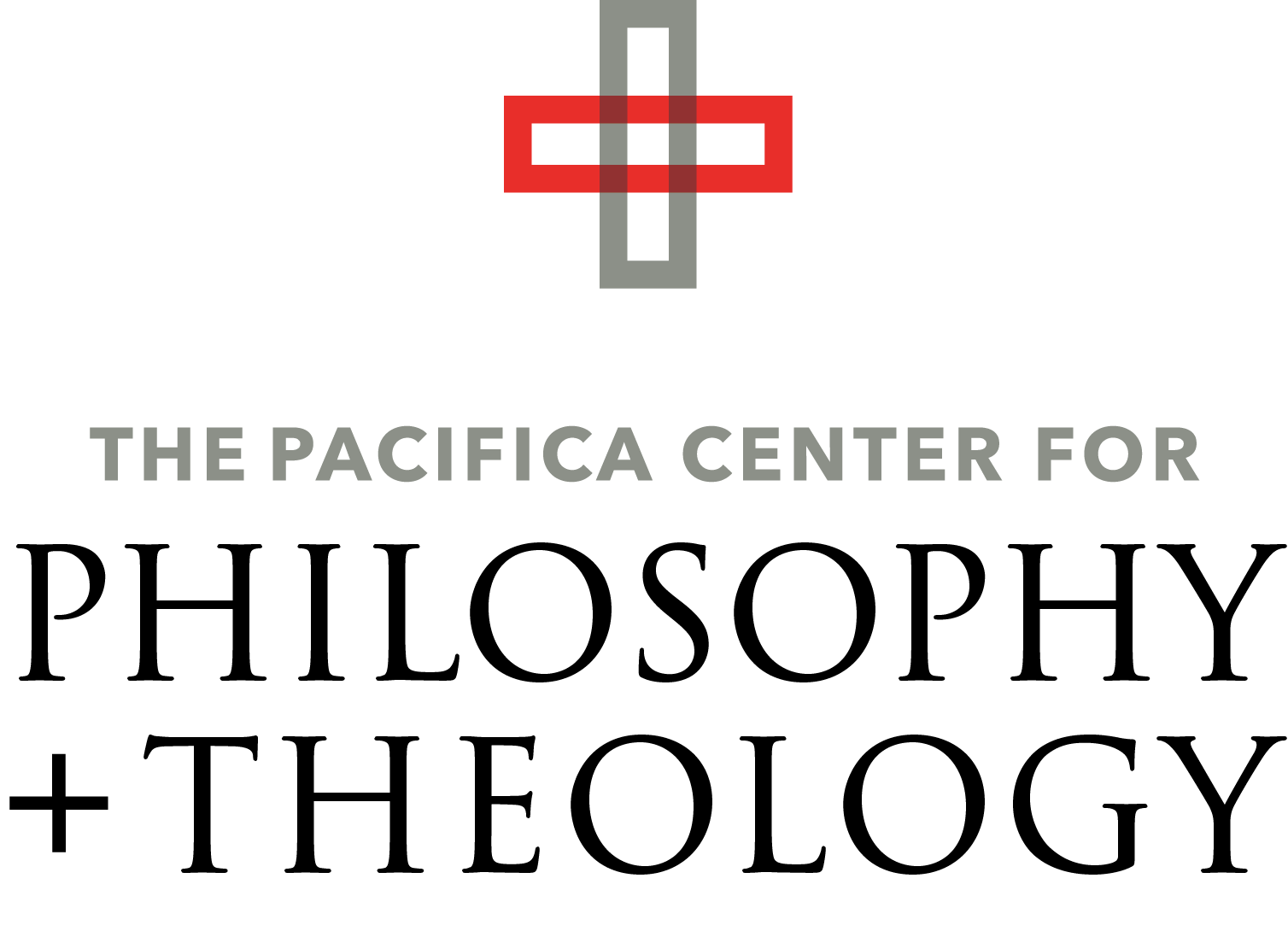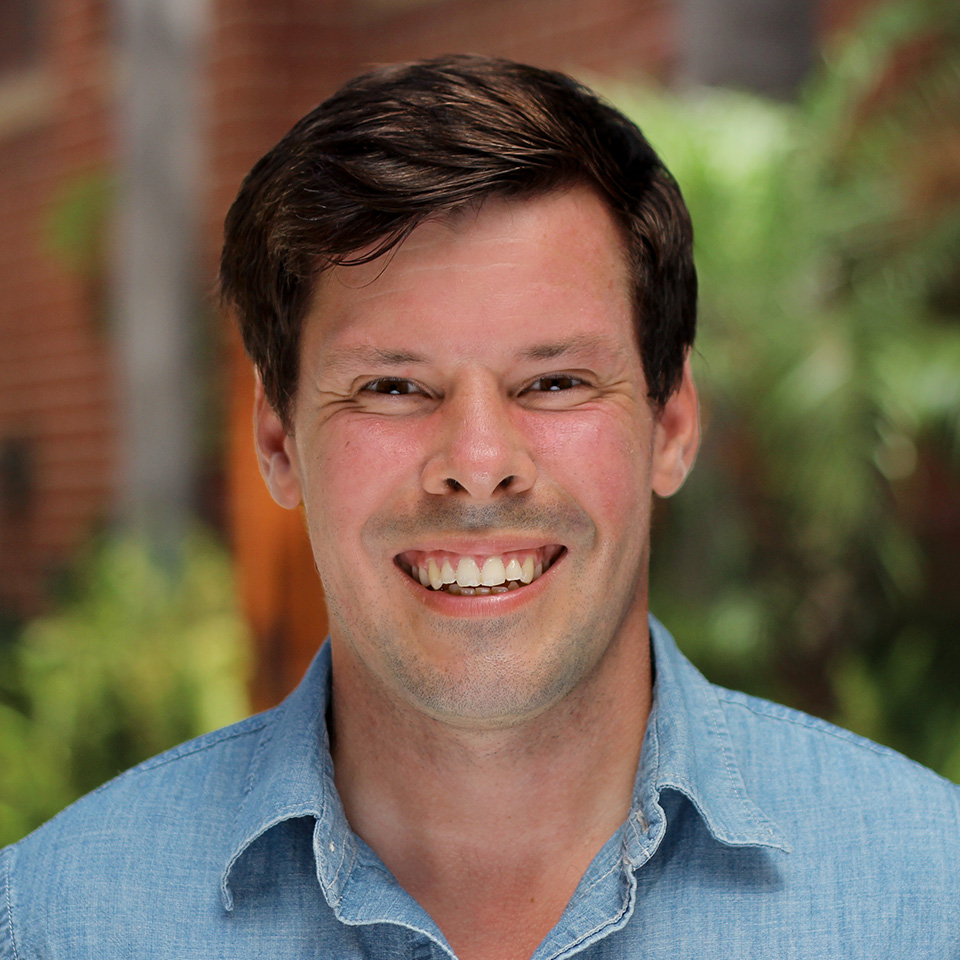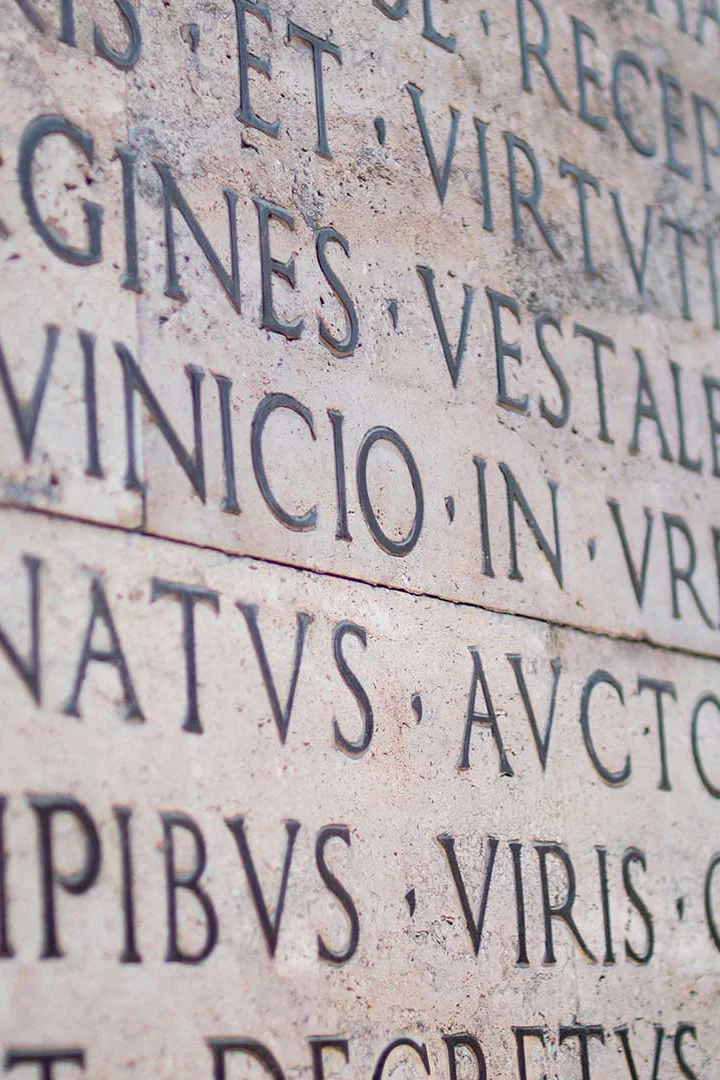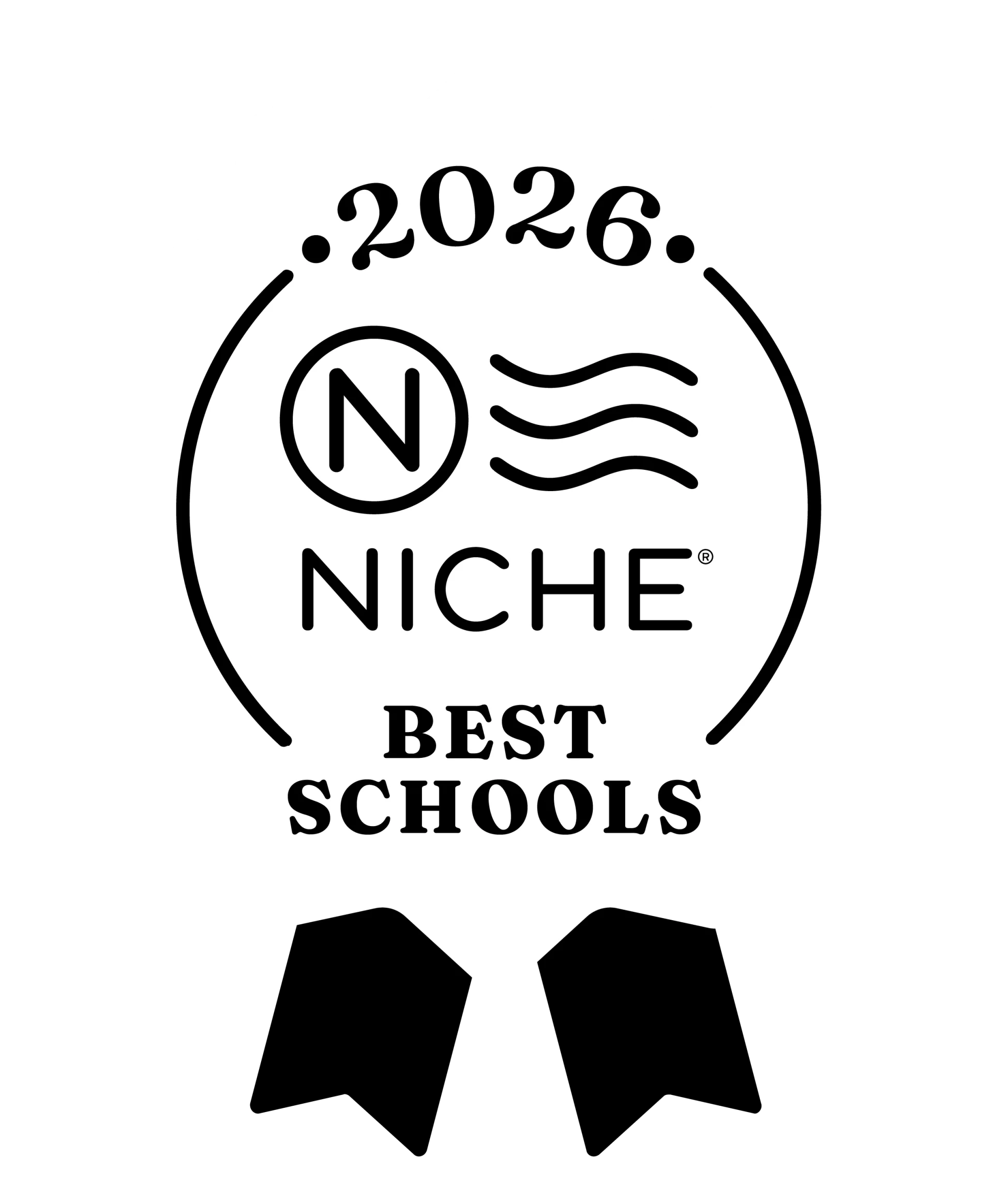Bringing together what is being torn apart. Pacifica’s Center for Philosophy & Theology aids students in exploring the deeper questions of life to get at the heart of humanity. Through careful examination of “first principles” and engagement with primary sources, students will wrestle with the fundamental question of what it means to be truly human. We believe that it’s important for students to think not only about the academic material directly in front of them but to also look at the bigger picture of their own meaning and purpose. Through this unique curriculum, we guide students by looking at thinkers who came before us in order to determine how to live well in today’s modern society.
Core Questions
What is the meaning of life? What does it mean to love another person? Why do the innocent suffer? Is morality relative? What is the content of a moral life? What do the teachings and death of a first century peasant have to do with big questions about human nature, or truth, or the meaning of life? Is the soul immortal? What does it mean to be a ‘self’? Does God exist? What is the relationship between faith and reason? What is the nature of justice? What is human nature? Does empirical science reveal religion as superstition? Is Jesus Christ a noble prophet, a divine creature, or God himself?
Center Distinctives
Leisure in Learning
Instead of feeding into today’s culture of constant work without time to rest and reflect, we encourage students to think deeply about a few specific topics through in-depth analysis and clear articulation of thought.
Intellectual Hospitality
In order to discuss the works with respect for the material and each other, students are taught to understand rather than attack, engage rather than dismiss, and listen rather than perform.
Oxford-Style Teaching
Small groups of students are led by an expert teacher facilitating thorough conversation and feedback, giving students an opportunity to present and defend their opinions.
Creative Opposition
In our collective search for truth, students learn how to give and receive positive critique. They are taught how to consider things from a variety of perspectives and take intellectual risks in their pursuit of excellence and truth.


